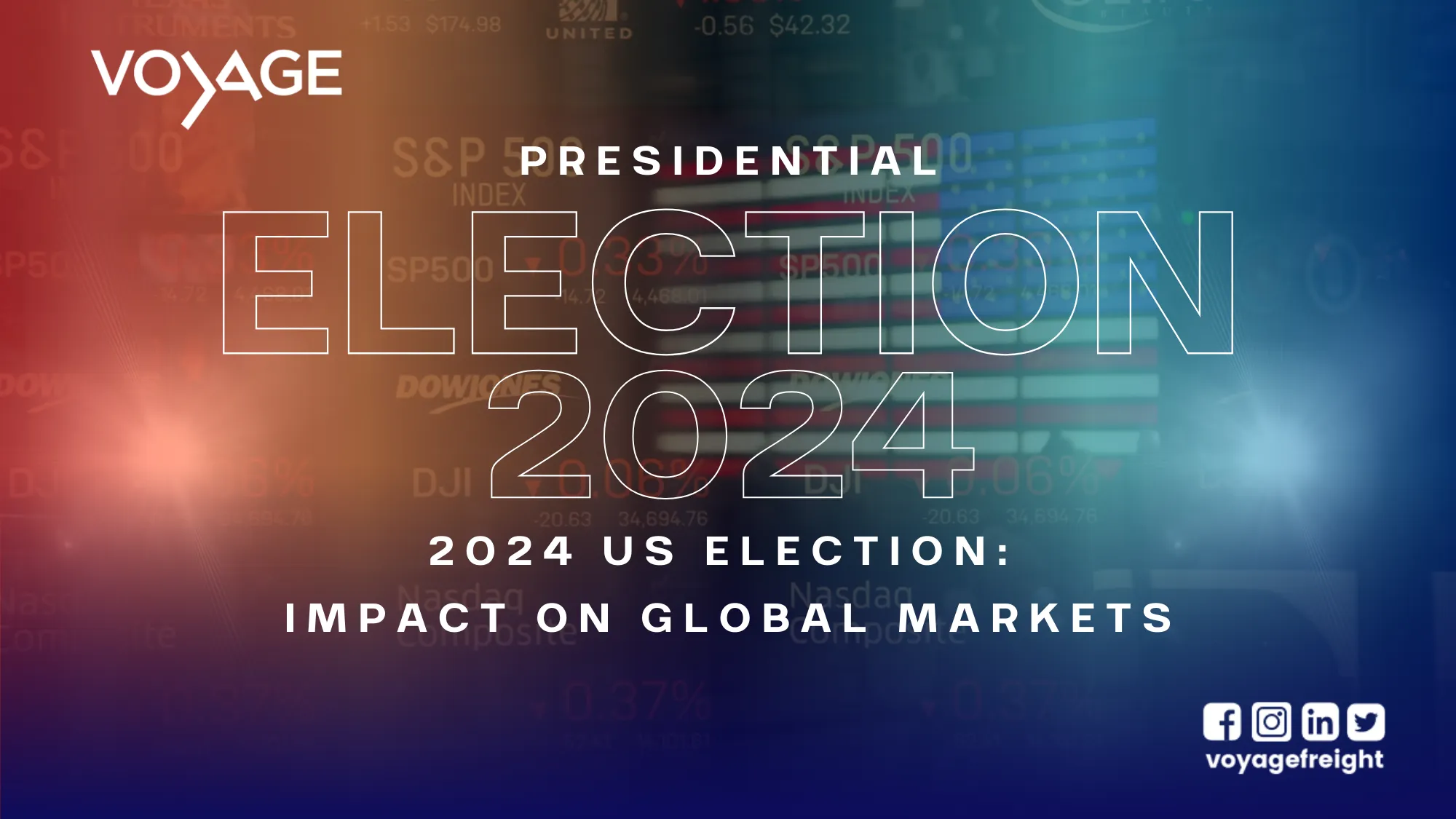
What the 2024 US Election Means for Global Markets: Currency, Stocks, and Trade Outlook
With the results of the US election 2024 now settled, global markets are already feeling the ripple effects. Investors are adjusting their strategies, bracing for changes in international trade relations, fiscal policies, and regulations under President Trump’s new administration. Following his victory, the US dollar saw an immediate surge of 1.65%, while the euro and the British pound fell by 1.89% and 1.16%, respectively, with the yen weakening as well. Markets are responding to the potential for heightened trade tensions and inflation, according to the BBC.
Economists anticipate that inflation in the US will remain steady, with a projected 0.2% increase for October, marking the fourth consecutive monthly rise. A stronger dollar is expected to impact global trade sectors, as analysts forecast continued gains driven by inflationary trends and anticipated interest rate hikes. Trump’s trade stance could place additional pressure on the euro and yuan, potentially allowing the dollar to rise as much as 3%. Such shifts in currency values would impact the import and export sector, making US goods more costly abroad while imports to the US become cheaper.
On the stock market side, the boost in stock market activity is attributed to Trump’s promises to cut corporate taxes and reduce regulatory burdens, which investors see as a favorable development for US equities. Key industries such as banking, defense, and energy are particularly likely to benefit. However, multinational corporations could face challenges if tariffs and trade tensions increase, especially those in clean energy and tech sectors. The prospect of a higher US debt load has led to rising bond yields, and the stronger dollar may draw capital out of emerging markets, putting pressure on local economies and weakening their currencies.
For commodities, Trump’s focus on expanding US oil and gas production could lead to increased output, potentially relaxing some environmental restrictions. However, trade tensions and tariffs may hinder the global exchange of energy and agricultural products. Emerging markets could face substantial volatility as rising US yields and tariff risks present challenges, while the momentum in sustainable investing might slow due to a focus on fossil fuel expansion, which could impact the clean energy sector’s growth trajectory.
As the US redefines its role in international trade relations, the import and export sector will need to adapt to evolving policies. The results of the US election 2024 point toward a market landscape marked by fluctuating currency values, an energized stock market, and potential headwinds for certain industries in the global trade sector.
Source: Weforum

